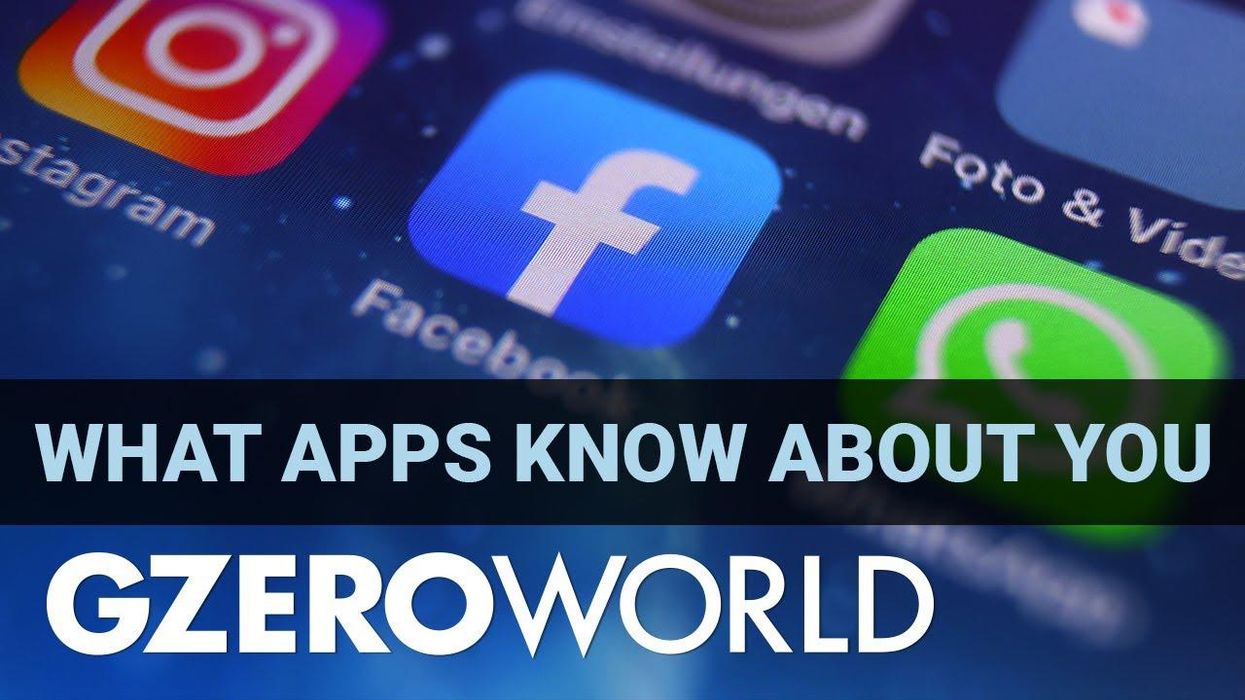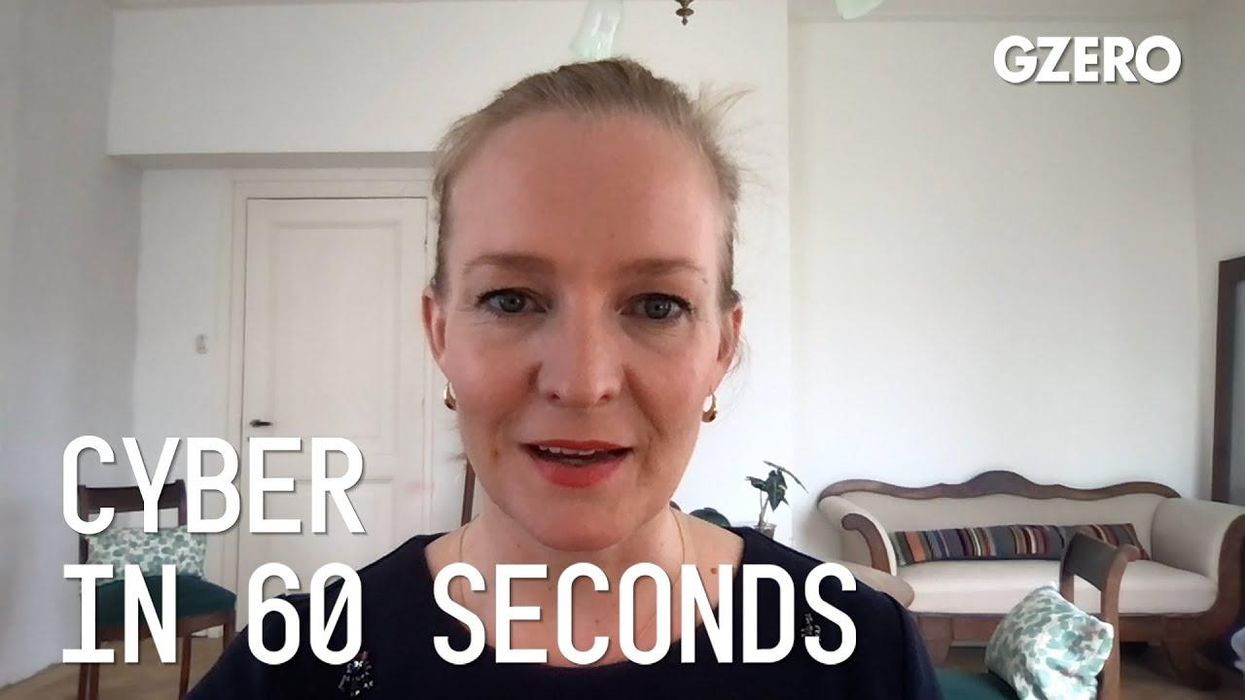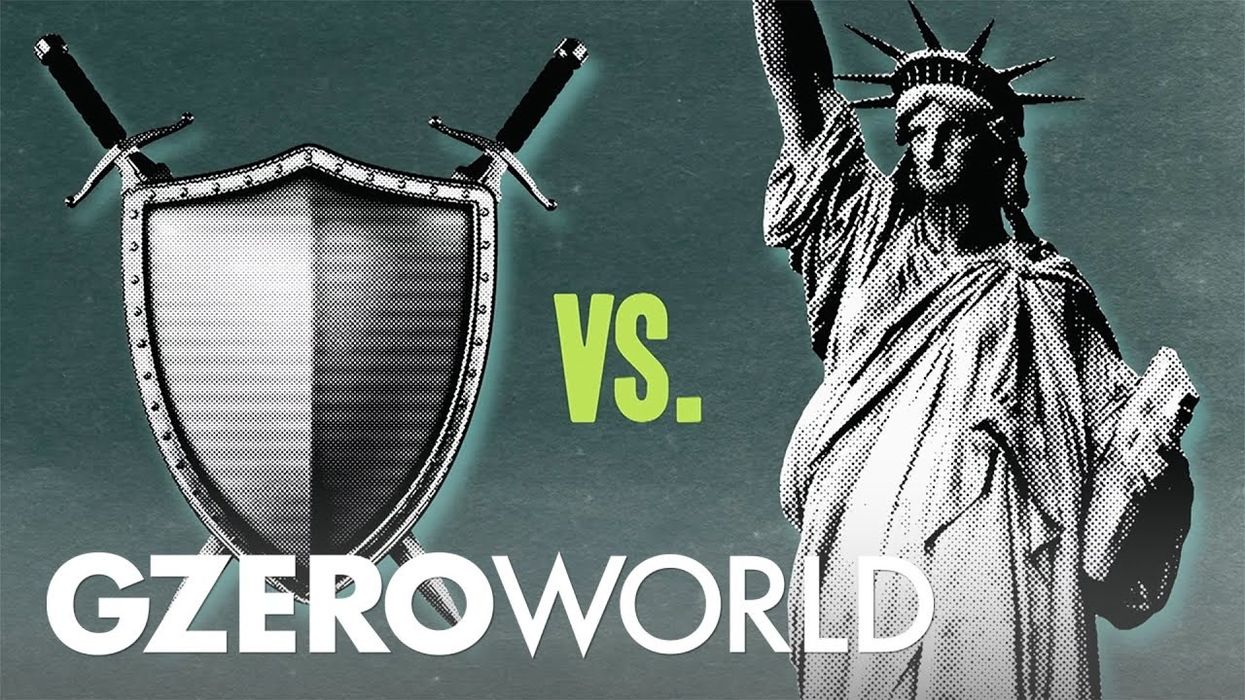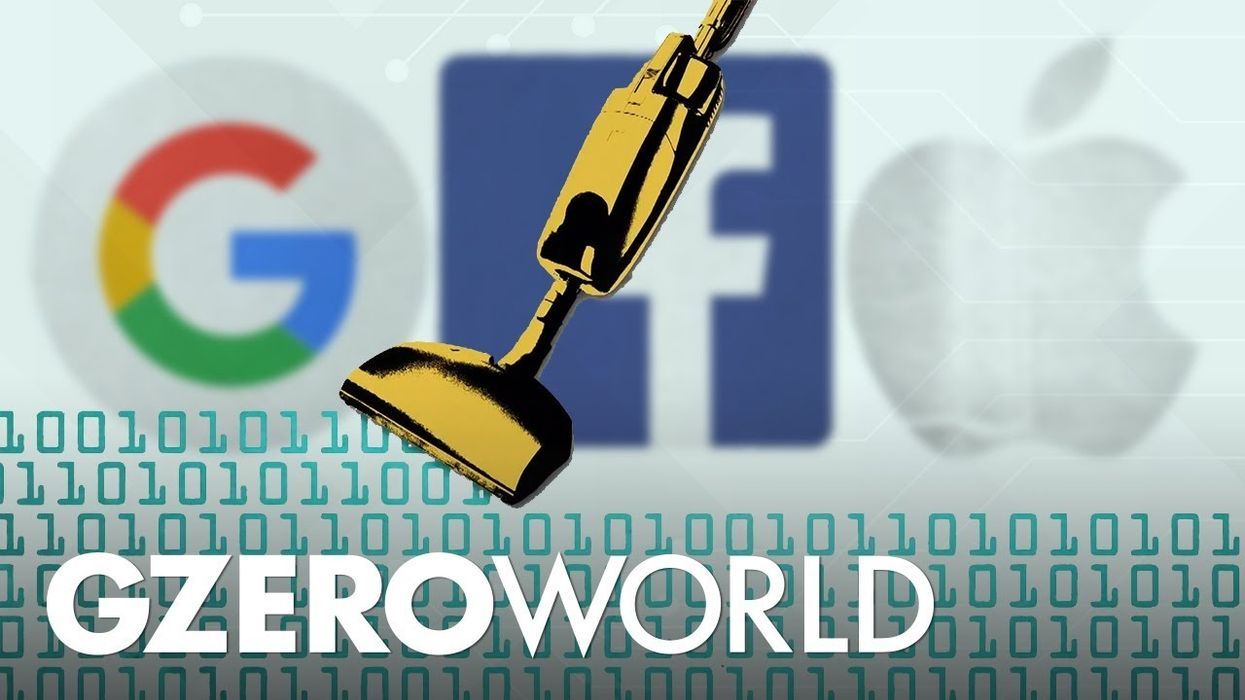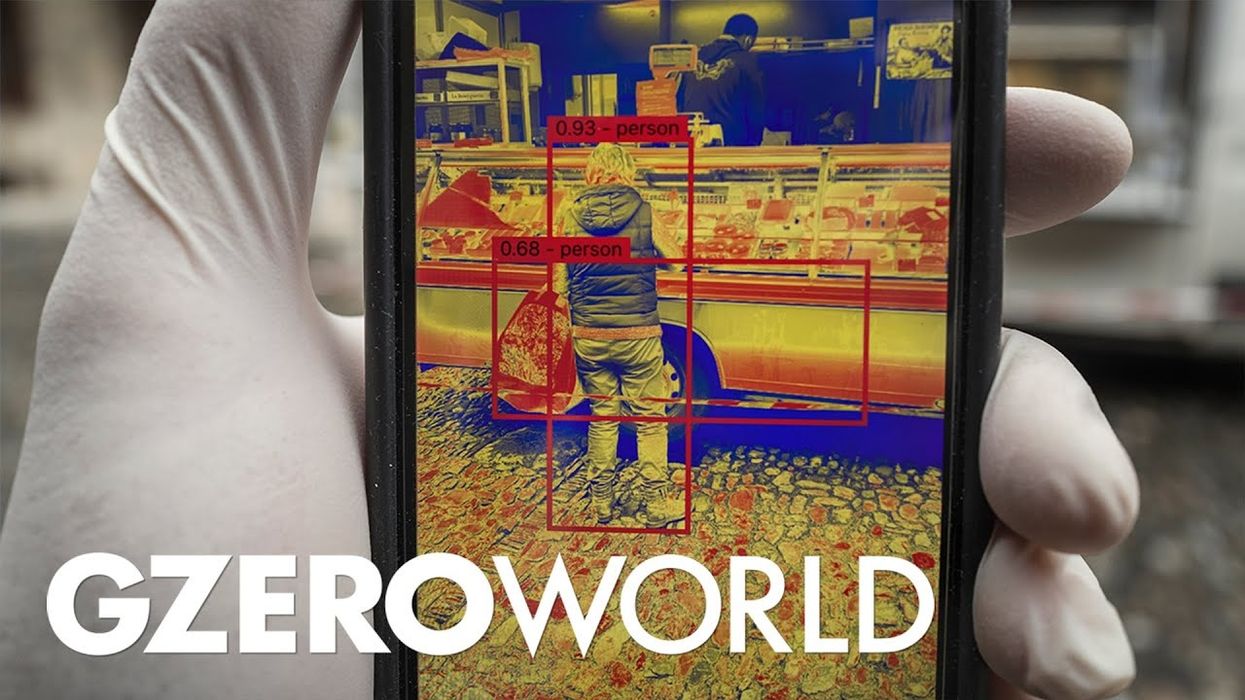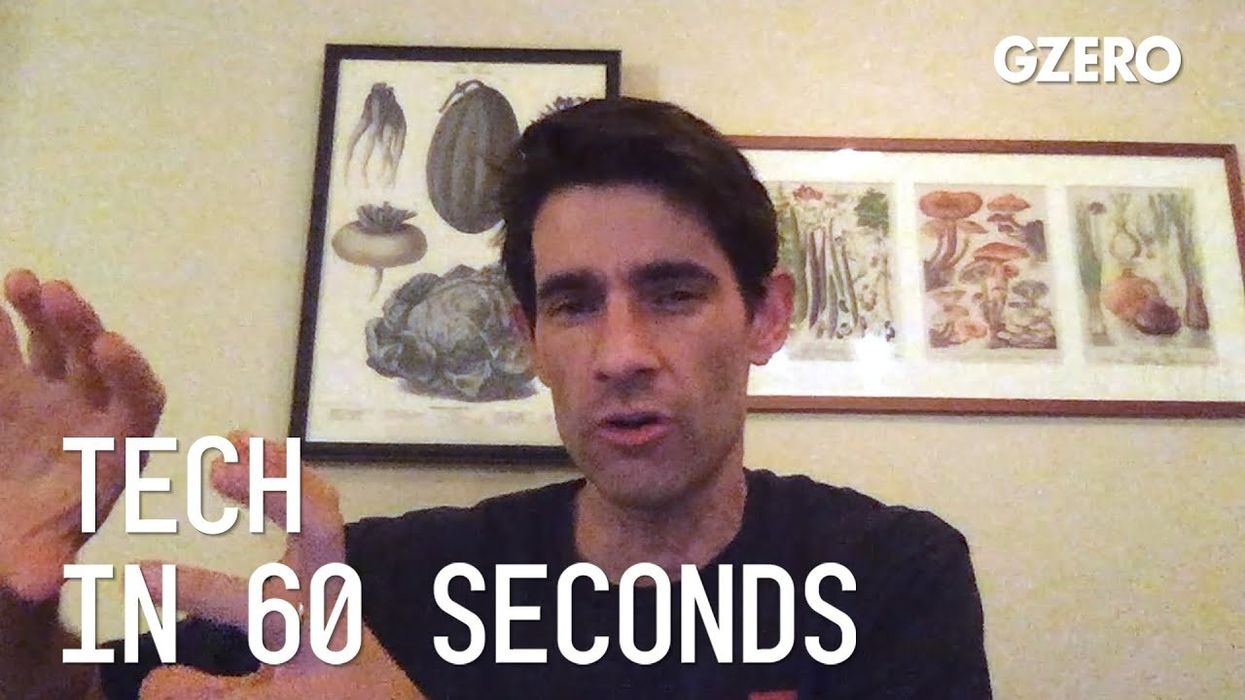GZERO World Clips
How GDPR protects your social media data (even if you accept all cookies)
Why are apps and websites increasingly asking us if we're willing to share our cookies? The EU's General Data Protection Regulation may be somewhat annoying to the average consumer, but for social media companies it was a wakeup call about the huge amount of private data they'd accumulated, says Facebook whistleblower Frances Haugen.
Aug 03, 2022
